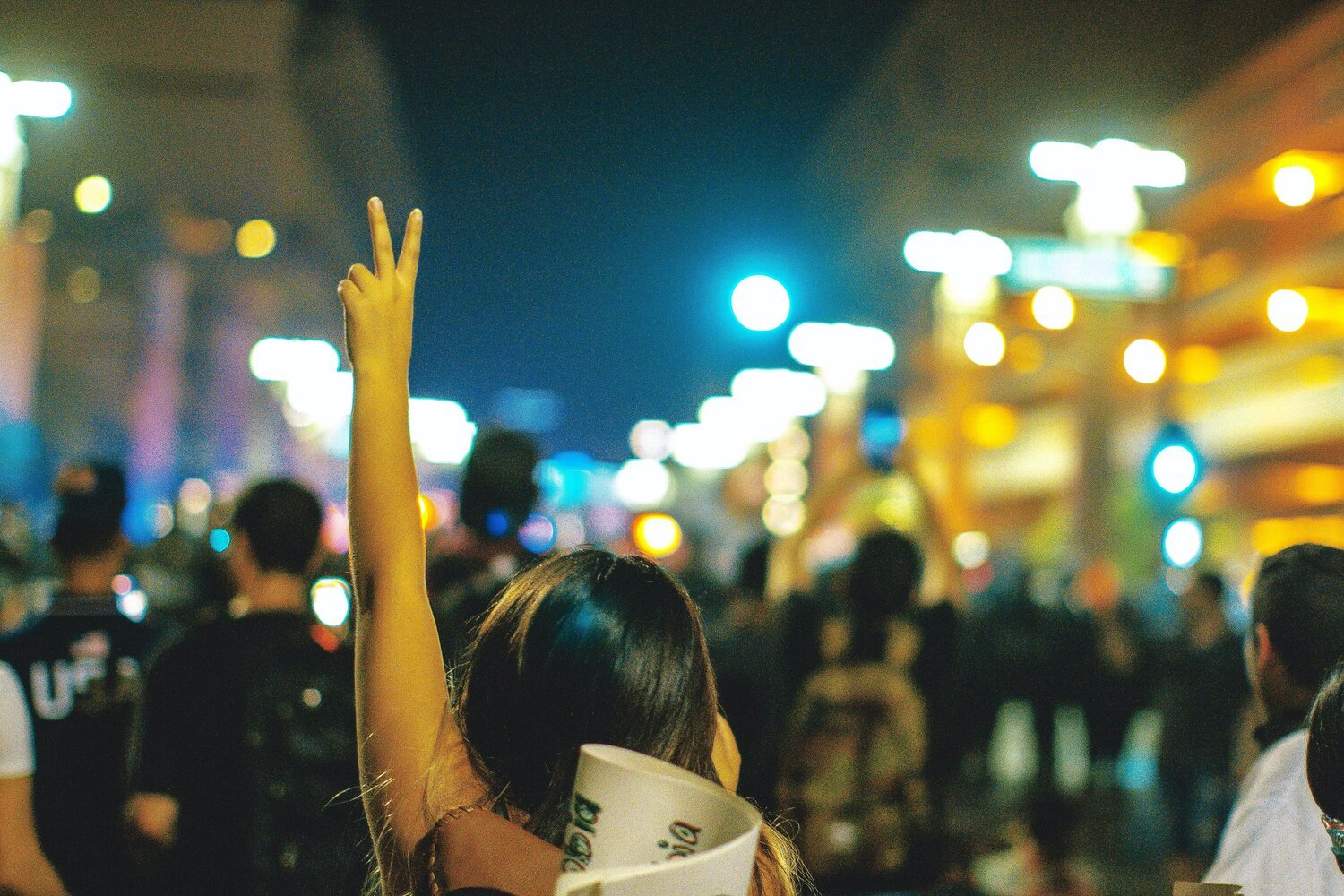Anger Isn't Good or Bad, It's All About What You Do With It
Anger can be a problematic emotion for a lot of people. Some people fear their anger or feel they aren’t supposed to get angry. Others are challenged by the consequences of anger. Being angry has led to broken or strained relationships, missed job opportunities, or worse. They feel like their anger is out of control and not helpful.
Yet anger is often the reason that growth and positive change can happen for us as individuals and a society. The anger that is being expressed by the Black Lives Matter movement has reminded me of just how powerful and important anger is as an emotion. Change happens when we get pissed-off.
Anger can feel unwieldy, something that is hard to control and needs to be suppressed. I think that fearing anger or suppressing it doesn’t work. Instead I think that learning to accept it and choosing a healthy response to anger can be helpful. Anger is a powerful emotion that can protect you and can make changes in the world if you learn how to relate to it differently.
What is anger?
All emotions serve an evolutionary purpose: they are signals to help us survive. When we feel anger, we are receiving a signal that something is wrong and we need to respond to protect ourselves or others. Viewing anger as a signal allows us to get curious about what is happening and determine what action we can take.
Anger can also be a signal for other emotions. For example, if someone you care about doesn’t show up for an event that matters to you, you might notice anger. The anger signals that something wrong happened - the person you care about didn’t show up for you. The anger can also signal a deeper emotion such as sadness or disappointment. The person you care about let you down and that makes you sad. Anger can signal all these things.
Viewing anger as a signal is also helpful because sometimes the anger we experience may be out of proportion to what is actually going on: we may under- or overreact to what is happening in the world around us. Seeing anger as a signal and nothing more allows us to then assess our reaction and determine what action is most appropriate.
What is a healthy anger response?
Remember that anger is just an emotion - it isn’t bad or good, it's a response to what’s going on around you or what’s happening to you. When we talk about what makes anger healthy or unhealthy we’re actually talking about the behavior that happens in response to anger.
A healthy relationship with anger happens when it is experienced and leads to a response that rights the wrong that occurred. When someone hurts you or someone you love and you speak up about it in a way that leads to effective change, that is healthy. You feel anger and then you do something about it.
It’s important to consider that feeling anger as a signal will lead to different responses based on the situation. If your life is in danger and you feel anger, you will respond very differently than if someone at work directs a snarky comment at you. The level of anger being expressed by the Black Lives Movement is in direct response to the level of injustice and brutality being used against Black people. There isn’t a typical anger response that is right or wrong, but rather a response that is effective and helps reduce harm.
What makes an anger response unhealthy?
Anger responses are unhealthy when you don’t feel like you are in control of them. When you react automatically without even noticing what is happening or choosing how you want to react, you are not in control. Not being in control can lead to reactions that you regret or that don’t line up with your values., responses that have negative consequences on your relationships, your job or your physical health.
Another unhealthy response to anger is to ignore it or suppress it. Not only does this usually lead to anger becoming more intense and more of a struggle, but that can often lead to bigger and more problematic reactions.
What can you do about anger?
Learning to deal with anger differently is about slowing down and cultivating some mindfulness. Here’s a simple method for cultivating a different relationship to anger:
The moment you notice anger, explore where you feel it in your body. What’s your physical experience of anger? Just doing this can help you start to feel in control of what is happening.
If you can, take a few deep breaths and slow your exhalation down a bit. That can help induce the parasympathic nervous system - the relaxation response. Or count slowly to 10 or to 100. You are working to get out of your emotional brain and back into your thinking brain.
Once you feel like you can think about this ask yourself:
What’s wrong?
What happened and why am I noticing anger?
What is this anger signaling?
What’s the best way to respond to this?
The last question is to help you get in touch with what matters to you: your values. What could meaningful action look like right now?
Of course if you or a loved one is in danger you may not have time to do all of this but many situations offer the possibility of a moment to consider what the best response could be. Perhaps you choose to refrain from doing anything or you choose some kind of action that feels meaningful. Either way, you’ve used your anger as evolution designed it - as a signal for action.

